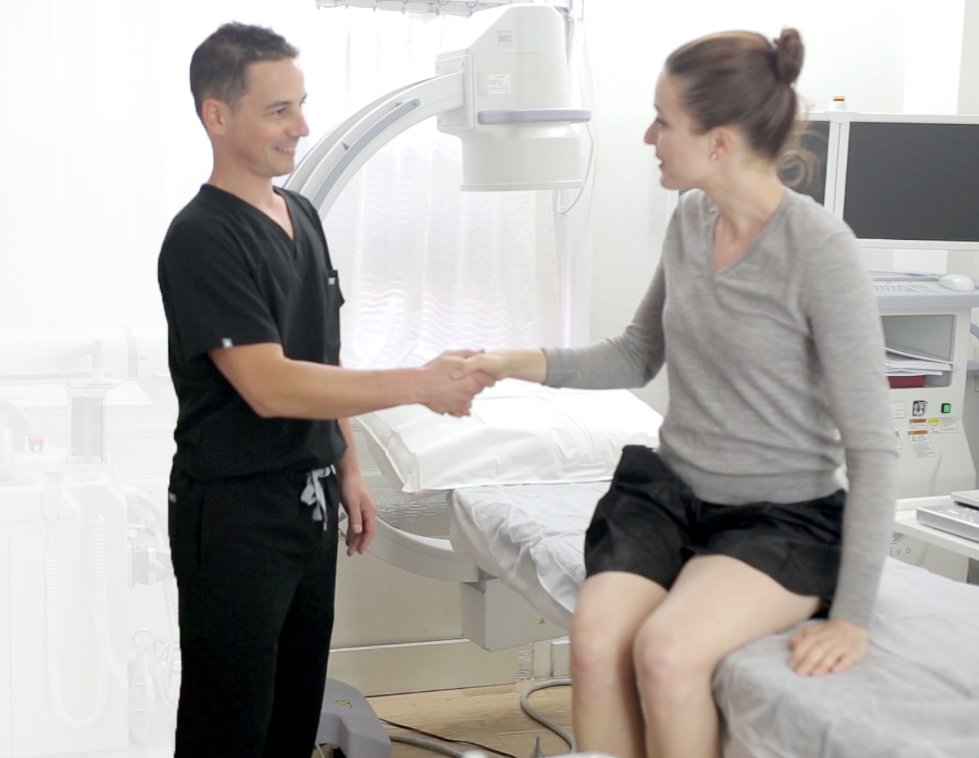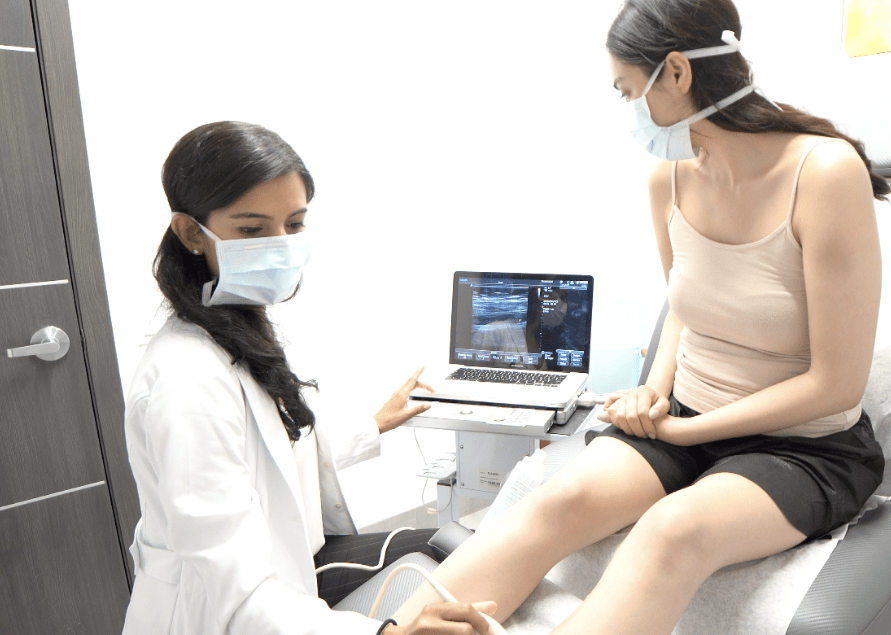Explore the latest advanced treatment of varicose veins.
Nobody wants varicose veins. They are the purple-blue, bulging appearance of a cluster of blood vessels in the lower legs. Besides being ugly, veins can lead to swollen legs, tired and aching muscles, and hard-to-heal ulcers that can get infected and even cause disability. Fortunately, there have been steady advancements in the treatment of varicose veins. And it's set to take another leap forward.
In this article, you will explore what kind of doctor treats varicose veins in the latest advanced treatment.
Endovenous Laser Treatment (EVLT):
Troublesome veins can be closed with laser light in a minimally invasive technique. It works wonders for symptomatic problems like pain, edema, and discomfort. Since this surgery is done as an outpatient, patients can soon get back to their regular activities.

Radiofrequency Ablation (RFA):
Like EVLT, RFA uses radiofrequency energy to close diseased veins. This technique is particularly beneficial for patients with larger varicose veins, and it offers a quicker recovery time compared to traditional surgical methods.
Sclerotherapy
Sclerotherapy is a versatile treatment option that involves injecting a solution directly into the affected veins. It is an effective solution for both symptomatic relief and cosmetic improvement. It is most commonly used for smaller varicose veins and spider veins.
Venaseal Closure System:
The Venaseal System is a relatively new FDA-approved treatment that uses medical adhesive to seal the veins. This method eliminates the need for anesthesia and compression stockings, improving patient comfort. Venaseal has shown promising results in addressing both medical and cosmetic concerns.
Ambulatory Phlebectomy:
Through tiny incisions, varicose veins are surgically removed during an ambulatory phlebectomy. Larger veins that might not react well to non-surgical treatments are suited for it.This method can provide significant relief from symptoms and improve the appearance of the legs.

Varithena Treatment:
Experts treat venous reflux disease, which is frequently the underlying cause of painful varicose veins, with Varithena, a new FDA-approved technique. It uses microfoam, which helps promote the formation of clots and damaged tissues due to the particular forms of veins.
This, in turn, reduces the expansion of the clogged veins. However, for more prominent varicose veins with dimensions greater than 3 mm, your specialist may advise which procedure to apply.
Compression Therapy:
Despite not being a direct treatment for varicose veins, compression therapy is important in managing the symptoms and preventing progression. Compression stockings help improve blood circulation and reduce the discomfort associated with varicose veins.
Patients undergoing advanced therapy often wonder if there are varicose vein treatments covered by insurance? The need for the treatment must be demonstrated by the patient. If there are no symptoms associated with varicose veins, the doctor's recommended treatment is deemed cosmetic, so insurance will not pay for the associated costs
What is a vein center? Specialty care facilities dedicated to diagnosing and treating venous (vein) disorders are known as vein clinics. Experts in vein health, doctors, and specialists give these advanced facilities to the patient.
Conclusion
In conclusion, These latest advances in varicose vein treatment offer various options to address symptomatic quality of life issues and cosmetic concerns. Advances in technology, less invasive procedures, and efficient solutions tailored to individual needs are now available to patients.
If you need advanced treatment surgery to remove varicose veins, remember to meet your specialist in varicose vein surgery in a best surgical assessment consultation so that they can assess your condition and decide what option is best for your problem and what doctor treats varicose veins.
Comments
Post a Comment